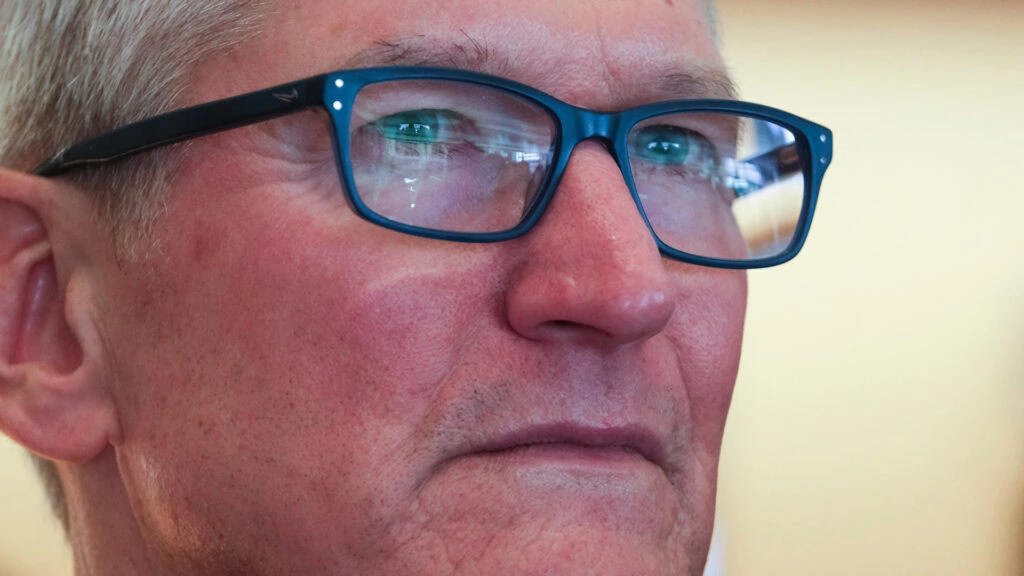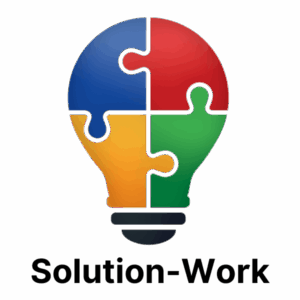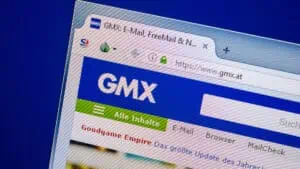Apple made a big announcement about a new Siri voice assistant with artificial intelligence – and then had to postpone it until next year. Is the company resorting to a takeover as a way of breaking free?
Following a setback in artificial intelligence, Apple is also open to large acquisitions in order to catch up with the competition more quickly. The iPhone company had to postpone an AI version of its voice assistant Siri until next year. Meanwhile, Google, among others, is rushing to embed its Gemini AI software deep into Android smartphones from Apple’s arch-rival Samsung, for example.
Apple CEO Tim Cook has now said that the company is “very open” to acquisitions that would allow it to make faster progress. Even though Apple has mostly bought small companies, “we are not fixed on a certain size”, he emphasized. However, there is currently nothing to announce. Overall, Apple is in the process of increasing its AI investments “significantly”, said Cook.
Who could Apple buy?
According to the financial service Bloomberg, Apple is already considering bids for the AI companies Perplexity and Mistral. They play in a billion-dollar league – but Apple has deep pockets. Apple’s biggest acquisition to date was the takeover of the music company Beats for three billion dollars in 2014, which enabled Apple to launch its own streaming service more quickly in competition with Spotify.
Even if Apple was unable to fulfill all of its AI promises, the company’s business is running at full speed. Revenue rose by ten percent to a good 94 billion dollars (82 billion euros) in the past quarter. It was the strongest increase since 2021. Analysts had only expected Apple to achieve an average turnover of 89.5 billion dollars.
Fear of customs consequences boosts sales
Early purchases due to US President Donald Trump’s import tariffs also played a role here. Some customers preferred to buy faster for fear of rising prices. Apple observed the trend in April mainly for iPhones and Mac computers, particularly in the USA, said Cook. Apple assumes that the effect accounts for around one percentage point of sales growth.
At the same time, Trump’s tariffs resulted in additional costs of 800 million dollars for Apple in the past quarter. This was less than the 900 million dollars previously forecast. For the current quarter, the Group is now expecting a charge of 1.1 billion dollars. A key reason for the expected increase is that the company traditionally does more business in this quarter, said Cook.
In the past quarter, Apple was able to easily digest the burden of the Trump tariffs. The company earned 23.43 billion dollars (20.5 billion euros), around 8.5 percent more than a year earlier.
iPhone business grows by 13 percent
Apple devices are largely built in Asia, for example in China, India and Vietnam. Imports from these countries have gradually been subject to high tariffs. The majority of iPhones sold in the USA now come from India instead of China. Trump also demanded that Apple should manufacture iPhones in the USA. Experts believe this is hardly feasible because the supply chains have shifted to Asia over decades.
The iPhone business grew by 13% year-on-year to just under 44.6 billion dollars. Analysts had expected an average of just over 40 billion dollars. The iPhone is by far the most important Apple product. Since its market launch in 2007, more than three billion devices have been sold, as Apple also announced.
Cook: No world without iPhone
Since AI software such as ChatGPT can be used for conversations, the industry is constantly debating whether new devices will make smartphones less relevant in the era of artificial intelligence. Cook has now made up his mind: it is difficult to imagine a future without the iPhone. New devices would complement it rather than replace it, he said previously.
dpa
















